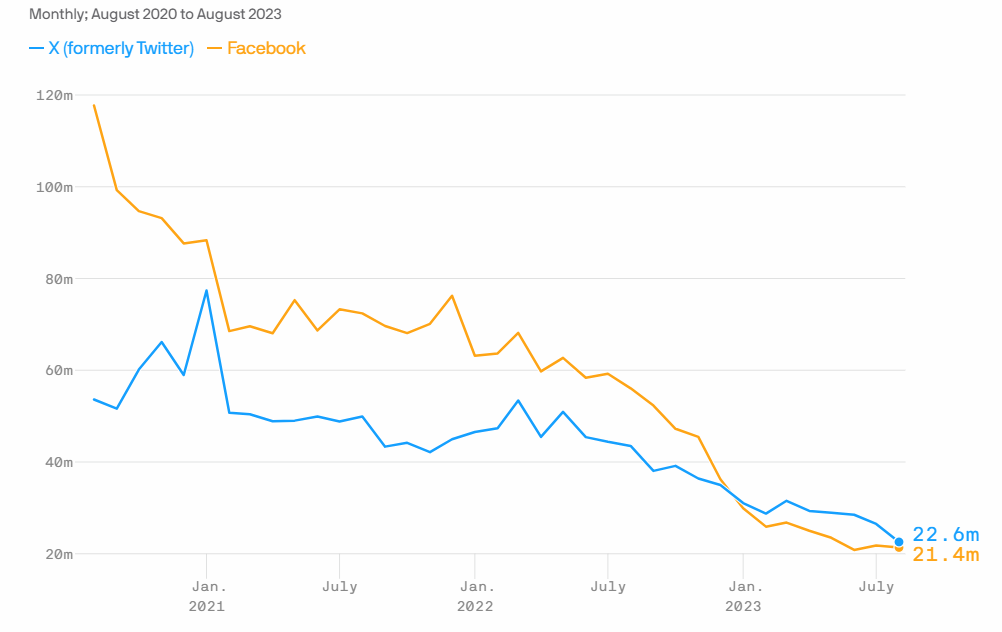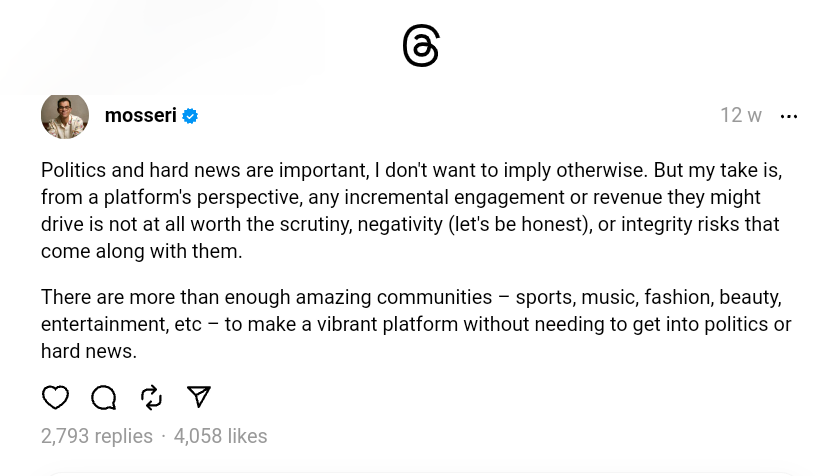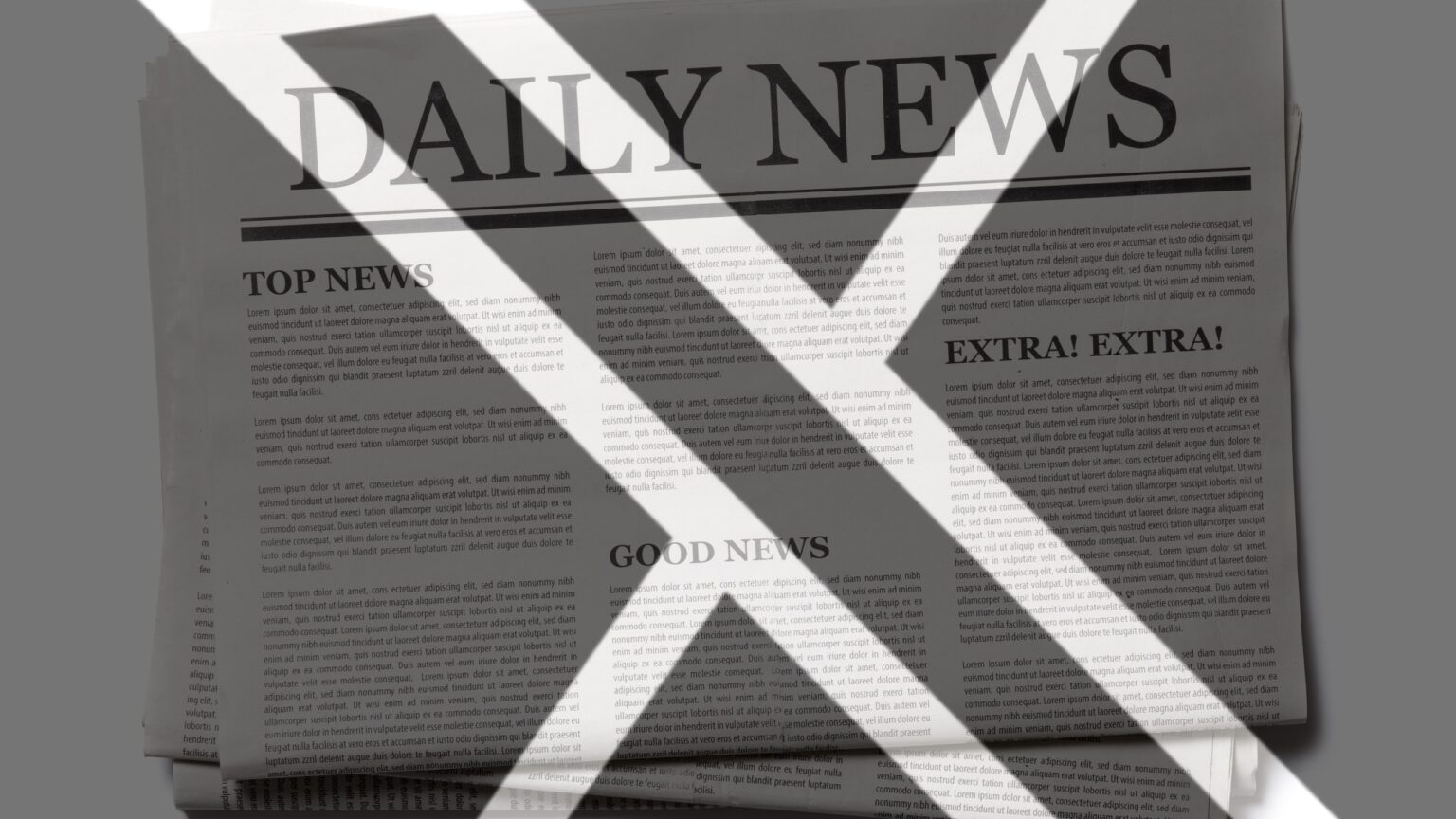Major media outlets have seen a dramatic decline in referrals from Meta-owned Facebook and X, formerly Twitter, over the past year after social media platforms made changes to how they deal with news companies, Axios Media Trends reports.
According to data from web analytics company Similarweb, traffic referrals from Facebook dropped by roughly 60% year-over-year. Referrals from Twitter are down more than 40% during the same period, by our own estimates.

‘Broken business models’
Organizations that publish content focused on hard news are likely to have been hit hardest. Axios blamed the reduction in traffic on a “broken” business model for those publishers that relied on social media referrals to improve views on their own websites.
“Disruption is often a catalyst for change,” said Sara Fischer, author of Axios Media Trends. “The over-reliance on social media traffic kept news publishers from focusing on building stronger consumer products of their own.”
“Publishers are better prepared now to defend their intellectual property in the AI era, having learned from their mistakes of being too heavily reliant on third parties for survival,” she added.
Fischer said a combination of a weaker advertising market and falling traffic led to massive job cuts across the media industry this year. According to a report from Challenger, Gray & Christmas, 17,436 U.S. media practitioners were sacked in the six months to June 2023.
The decline in referrals is notable given how much traffic Facebook and X generated for news outlets in the past. As seen in the chart above, Facebook directed nearly 120 million people to digital publishers three years ago, with Twitter’s figures peaking at just under 80 million.
Those numbers have dropped to just 21.4 million for Facebook and 22.6 million for X, as of the end of August this year. It is a far cry from the days when articles featured on the two social media platforms attracted millions of clicks, often going viral.

Facebook evades news business
As social media-related traffic slumped, media companies that built business models that were dependent on Facebook and Twitter took a hit. The decline can be traced back to the changes that social media firms have made to restrict news content on their sites.
The relationship between news publishers and social media platforms has been strained in recent years, with media outlets asserting that Meta benefits unfairly from links to news stories shared on Facebook. There are also issues of misinformation and disinformation.
Also read: Everyone Will Soon Have to Pay to Use Twitter
As a result, lawmakers around the world have proposed legislation requiring internet-based companies to pay news publishers. Meta CEO Mark Zuckerberg has said Facebook will drop news content in countries that pass such laws, which it did in Canada recently.
“News is not a substantial part of Facebook globally,” Meta said in a blog post in March, adding that “less than 3% of what people see in their Facebook Feeds are posts with links to news articles.”
Meta argues that publishers need Facebook more than Facebook needs them. During the launch of Threads in July, Adam Mosseri, who oversees Instagram, said the new text-based app is “not going to do anything to encourage” news and politics on the platform.

In July, Elon Musk-owned Twitter reportedly slowed down the speed it takes to access links to a handful of websites, including The New York Times, Instagram, Bluesky, Reuters, and Substack.









 and then
and then